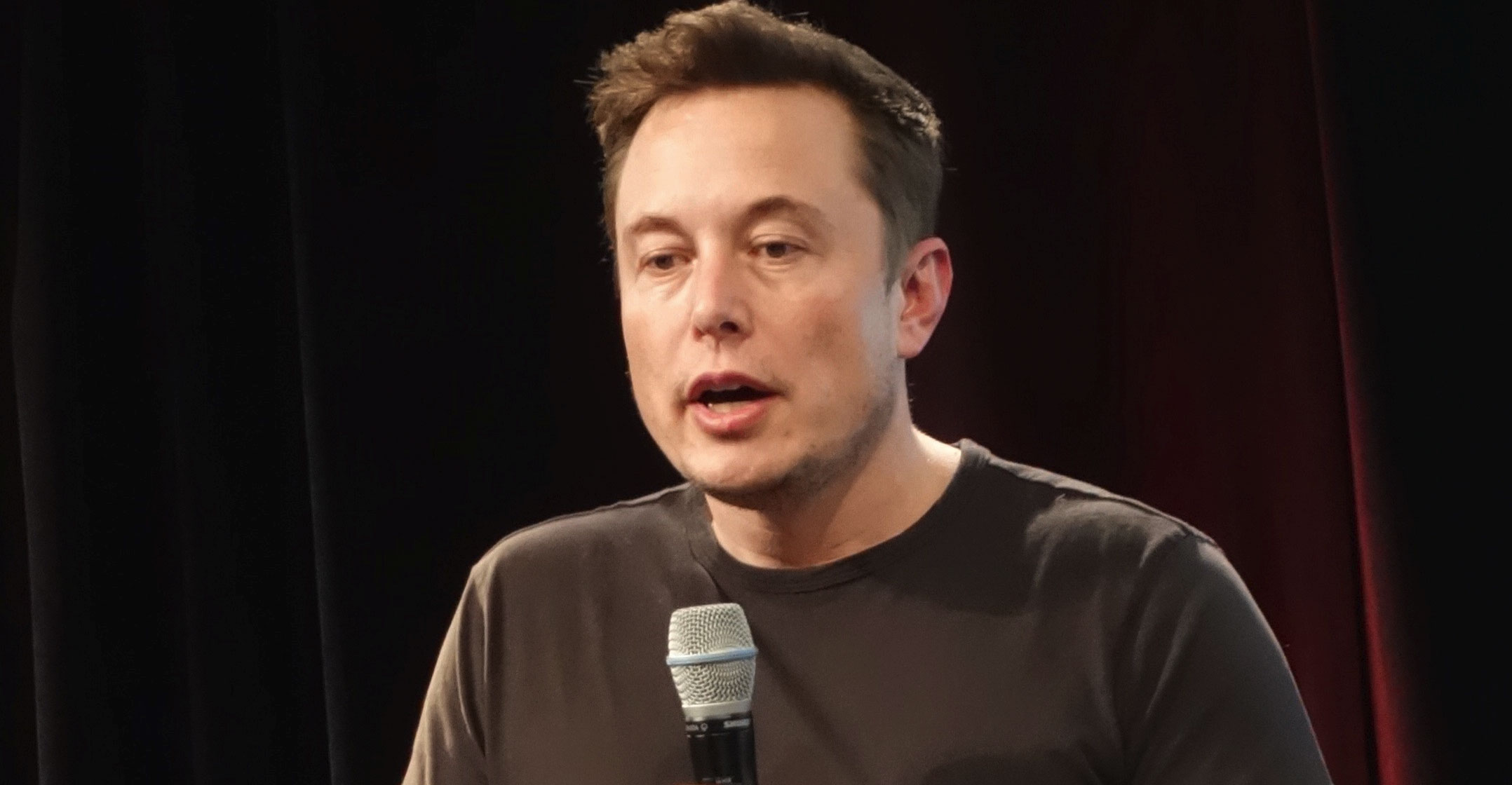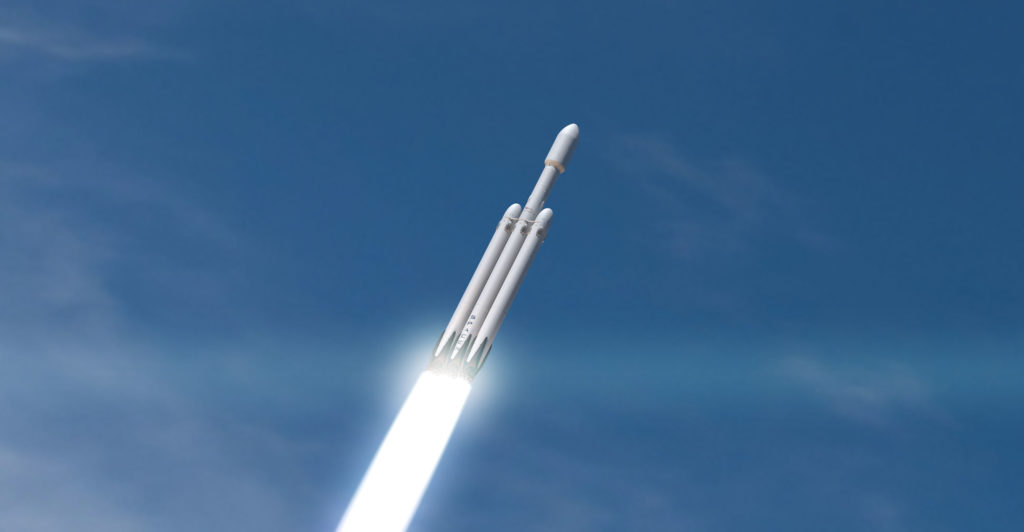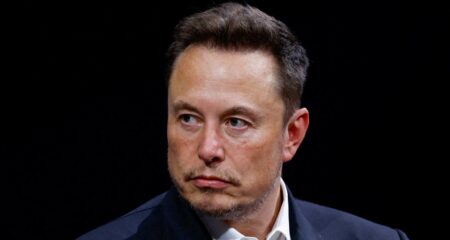
Elon Musk’s SpaceX launched 60 Starlink satellites late on Thursday, a key step in Musk’s vision of creating a space-based network to provide broadband service around the world.
The Falcon 9 rocket and payload rumbled aloft at 10.30pm local time from Cape Canaveral Air Force Station in Florida. Minutes later, SpaceX successfully recovered the Falcon 9’s first stage on a drone ship in the Atlantic Ocean. The satellites began deployment about 62 minutes after the launch, as planned.
The space-based Internet service is an important source of funding for the Hawthorne, California-based company, Musk has said. He founded SpaceX in 2002 with the ultimate goal of enabling people to live on other planets.
“We see this as a way for SpaceX to generate revenue that can be used to develop more advanced rockets and spaceships,” Musk told journalists during a conference call last week, before a planned launch was scrapped because of high winds. “This is a key stepping stone on the way toward establishing a self-sustaining city on Mars and a base on the moon.”
SpaceX set a company record last year with 21 launches for customers. Much of the focus this year is on the first flight with humans on board. SpaceX and Boeing have contracts with Nasa to ferry American astronauts to the International Space Station as part of the agency’s Commercial Crew programme.
SpaceX completed the Demo-1 flight of its “Crew Dragon” without humans on board in March. But in late April, the Dragon was engulfed in flames and destroyed during a test, a mishap that probably will push back the commercial crew schedule. — Reported by Dana Hull, (c) 2019 Bloomberg LP




